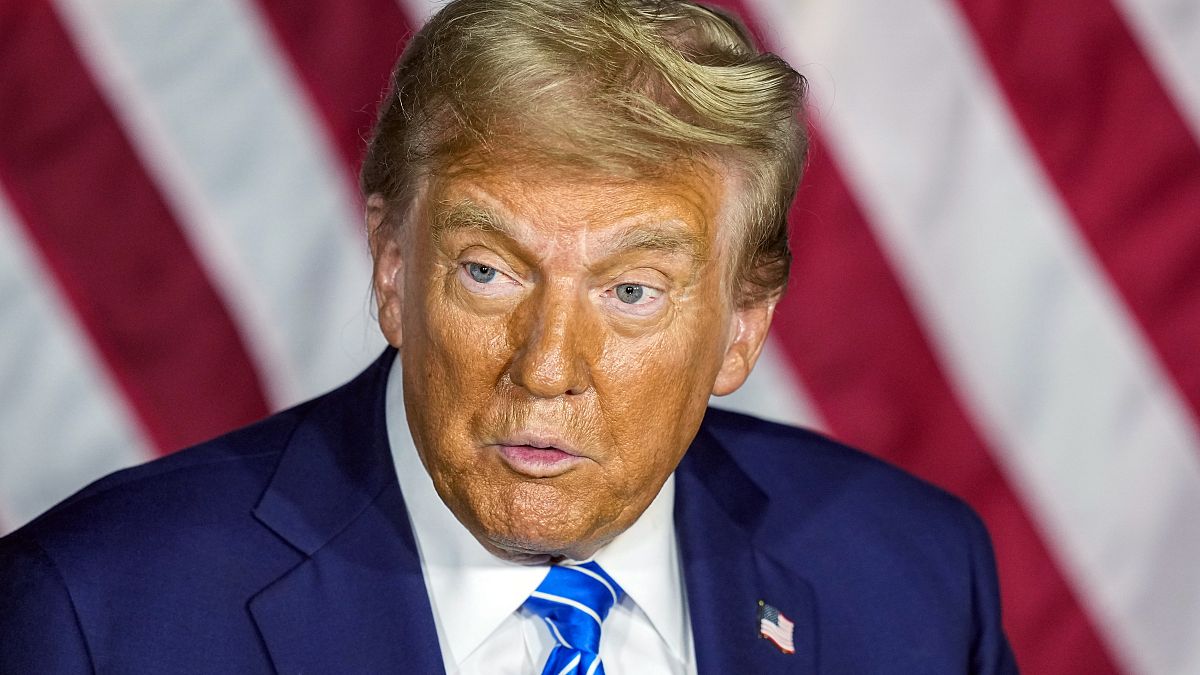A recent court filing reveals that former US President Donald Trump resorted to criminal acts in an attempt to remain in office after losing the 2020 presidential election. The filing, submitted by special counsel Jack Smith’s team, argues that Trump is not entitled to immunity from prosecution for his actions. The purpose of the brief is to convince the judge that the offenses charged in the indictment are private rather than official acts, allowing them to remain part of the case.
The court filing specifically mentions Trump’s efforts to persuade Vice President Mike Pence to refuse to certify the electoral votes on January 6, 2021. It argues that Trump’s scheme was a private one, conducted with a team of private co-conspirators, rather than an official act as the incumbent President. The filing states that Trump “resorted to crimes” in an attempt to stay in office after losing the election to Democrat Joe Biden.
The Supreme Court’s recent opinion granted broad immunity to former presidents for official acts they take in office, which could impact the prosecution’s case against Trump. However, the filing argues that the offenses charged in the indictment are separate from Trump’s official duties as President, allowing them to proceed with the case against him. This highlights the ongoing legal battle surrounding Trump’s actions following the 2020 election.
The court filing sheds light on the allegations against Trump and his alleged involvement in efforts to overturn the election results through fraud and deceit. It portrays Trump as acting as a candidate rather than a sitting President when engaging in criminal activities to disrupt the electoral process. This perspective could influence the judge’s decision on whether the charges against Trump are considered private acts and can proceed in court.
The filing’s assertion that Trump “resorted to crimes to try to stay in office” underscores the seriousness of the allegations against the former President. It suggests that Trump took unlawful actions in a bid to retain power, despite losing the election. This statement could have significant implications for the legal proceedings and the potential consequences Trump may face as a result of his actions.
Overall, the court filing provides insight into the ongoing legal battle surrounding Trump’s post-election conduct and the allegations of criminal activity. It presents a compelling argument that Trump’s actions were private rather than official, allowing the prosecution to proceed with the case against him. As the case moves forward, it will be essential to closely monitor developments and the potential implications for Trump’s legal and political future.











